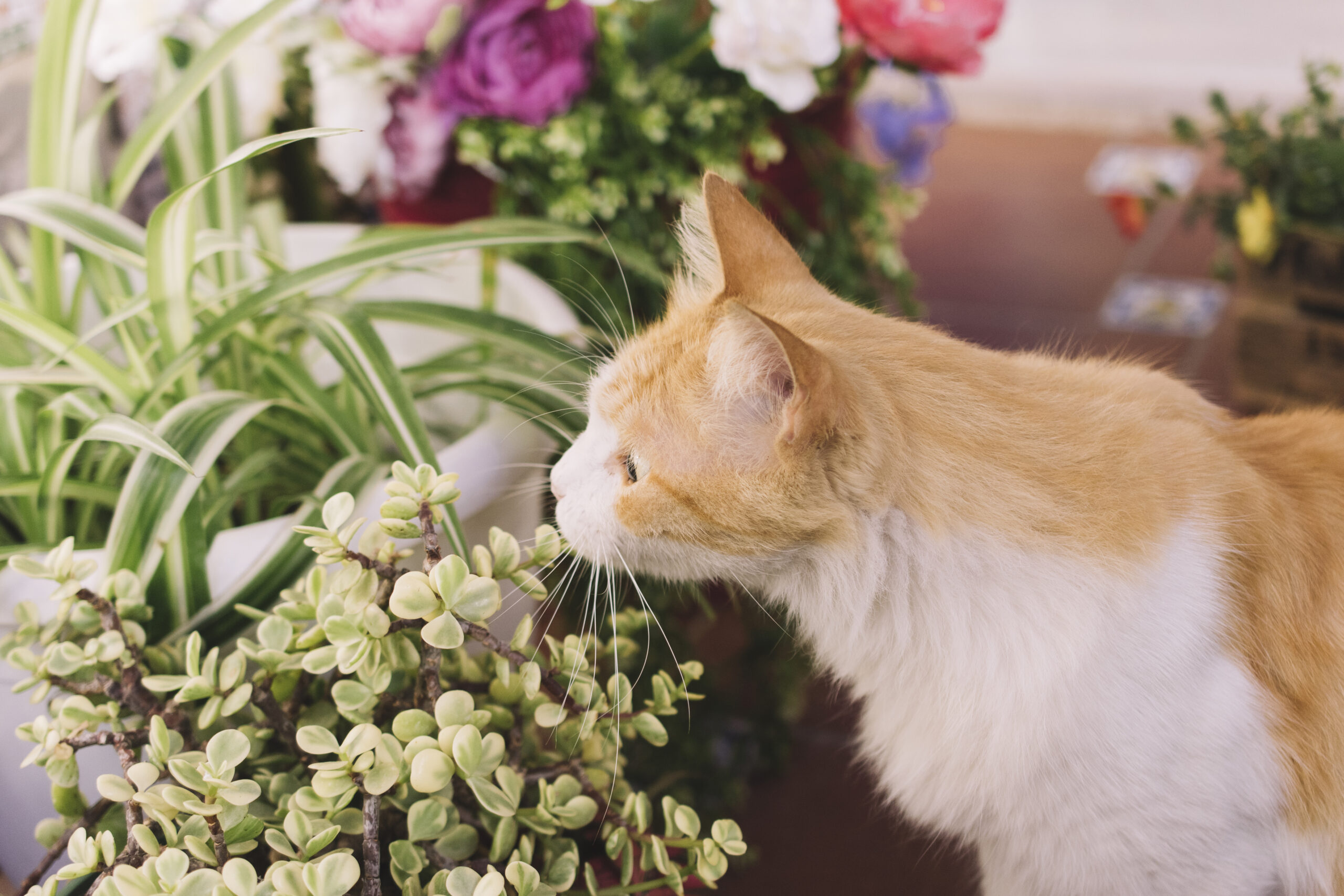
Common Poisonous Outdoor Plants in Florida
Playful pets enjoy the outdoors just as much as humans but be aware of these common Central Florida plants that can be poisonous to curious dogs, cats, and horses.

Amaryllis (Amaryllis belladonna)
In Florida, these plants aren’t just for the holidays, they grow and spread readily in landscapes lending color and beauty early in the spring. The bulbs are toxic to cats.
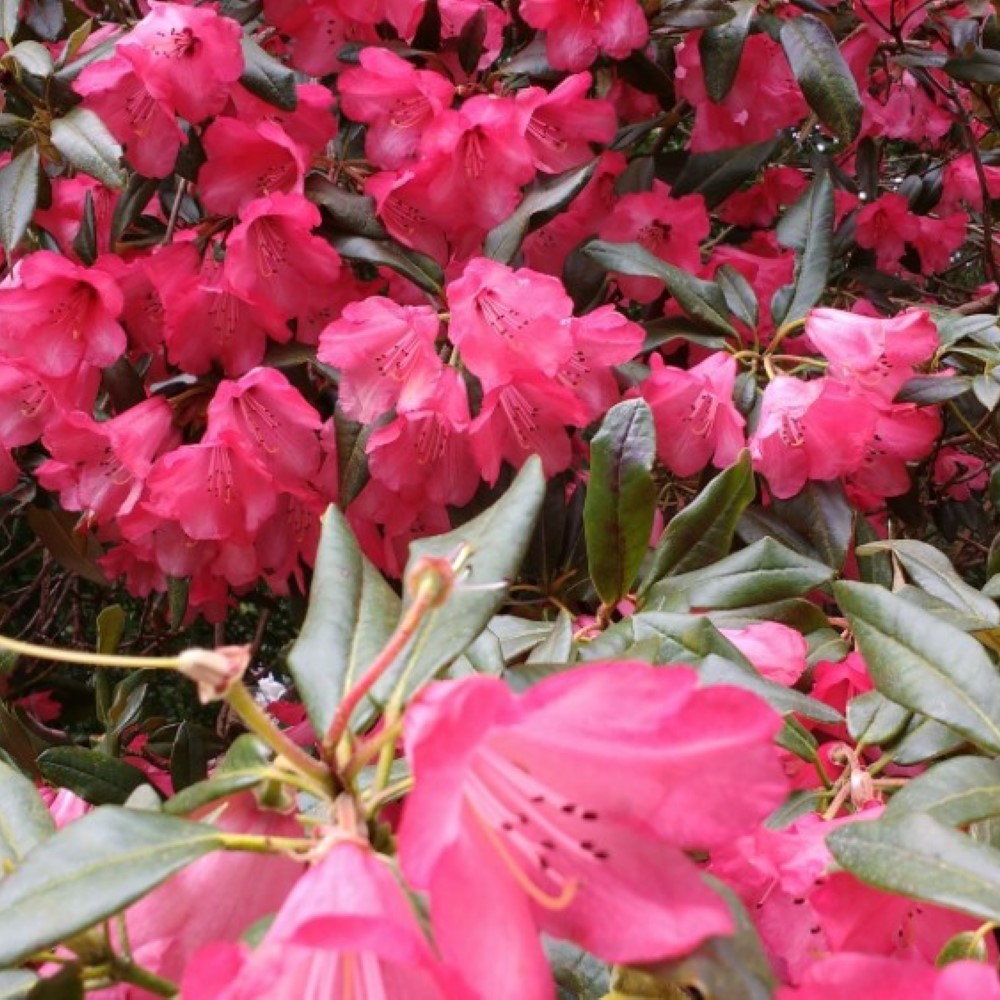
Azalea (Rhodoendron spp.)
Azaleas have finished blooming this year in Central Florida but be certain your dog doesn’t chew the sticks while you are pruning. All parts, particularly the bulbs, are toxic to dogs and cats.
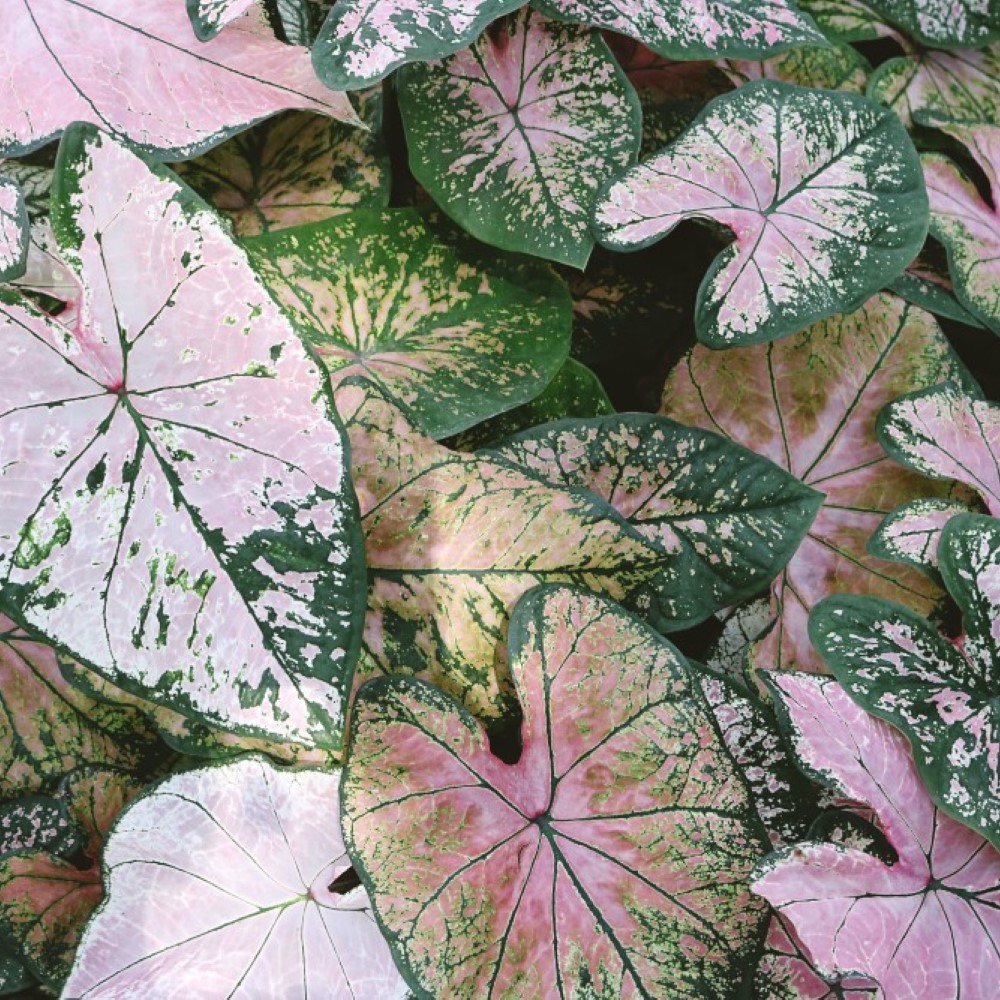
Caladium (Caladium spp.)
These beautiful shade plants bring color and interest to many gardens, but they are poisonous, especially the corms (blubs) from which they grow.
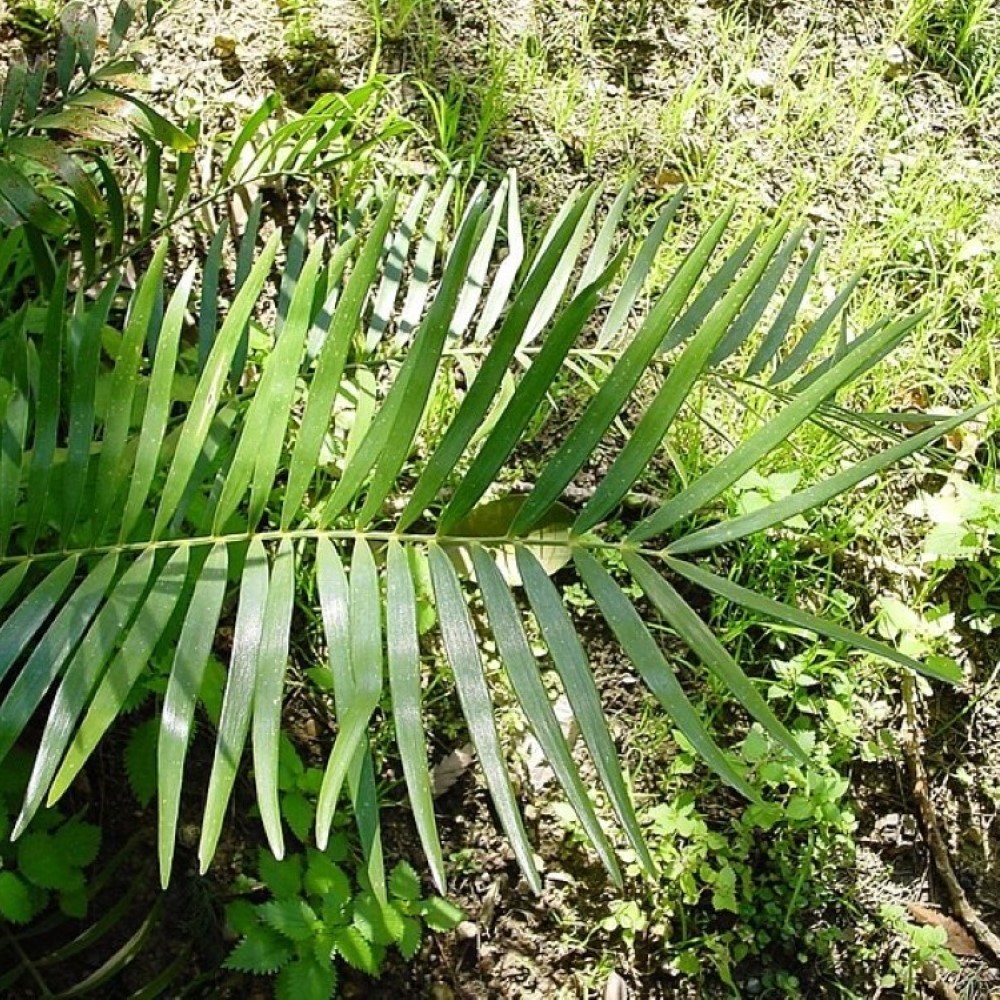
Coontie (Zamia integrifolia)
photo by tato grasso
This Florida native is an important host plant for Atala butterflies and its popularity in landscapes has enabled them to begin a comeback from near extinction, but its brightly colored seeds are toxic to small pets. Gather and remove the seeds as they appear.
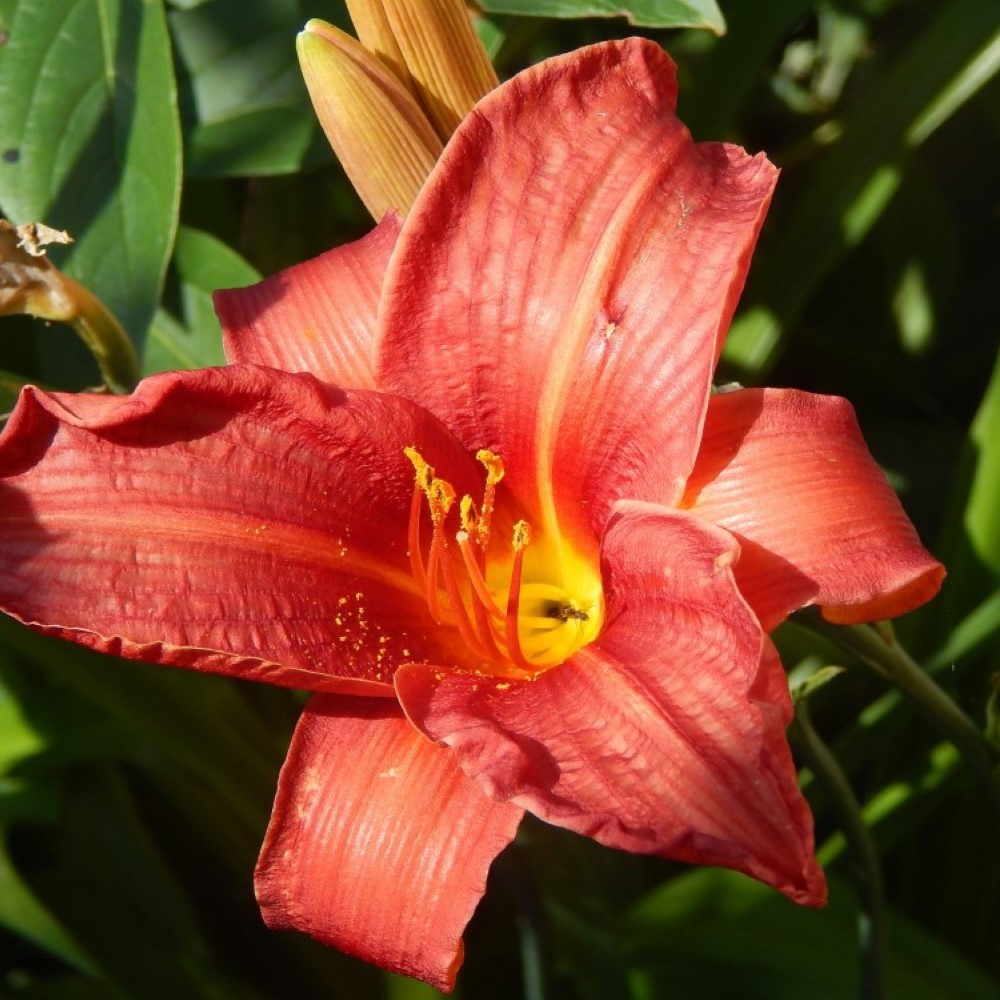
Daylily (Hemerocallis spp.)Zamia integrifolia)
All parts are poisonous to cats.
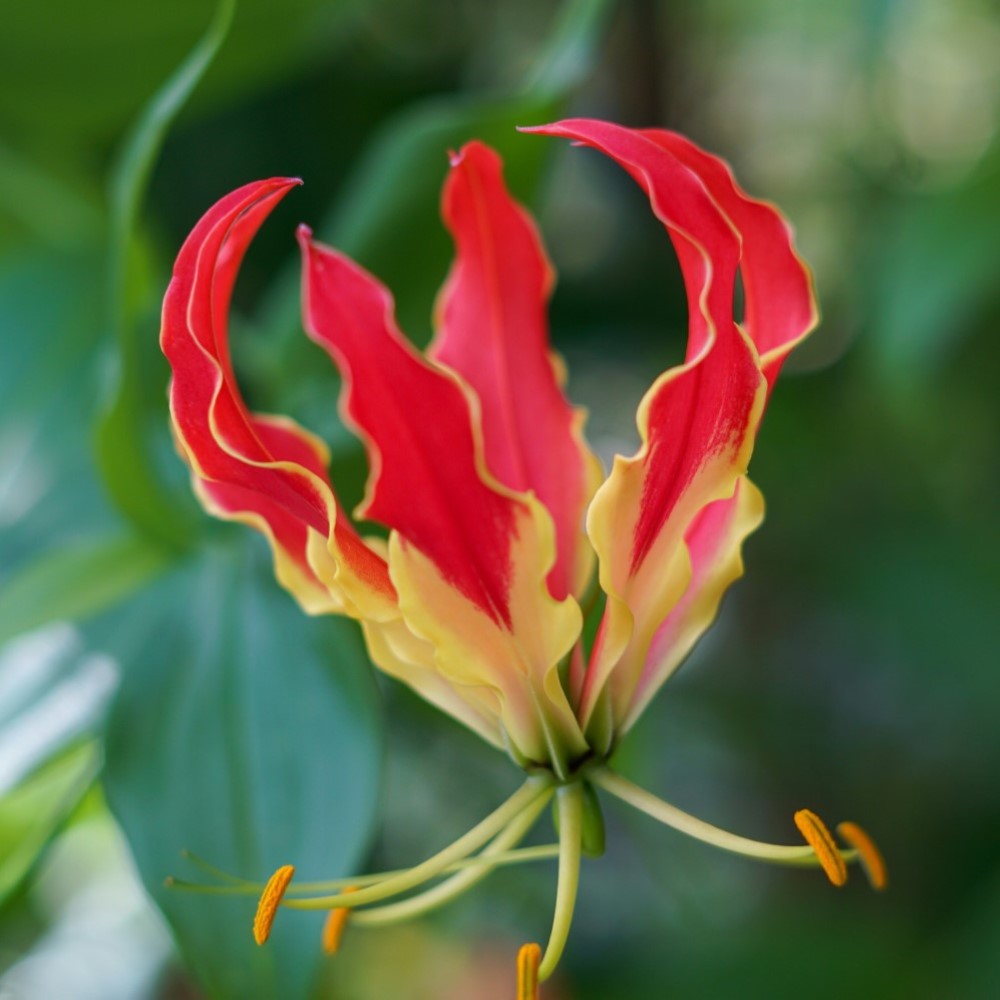
Gloriosa lily (Gloriosa superba)
This beautiful lily with showy orange or red flowers is a perennial in Central Florida (it spreads and returns year after year). It can be seen growing in naturalized areas, pastures and woods. It is toxic to dogs, cats, and horses.
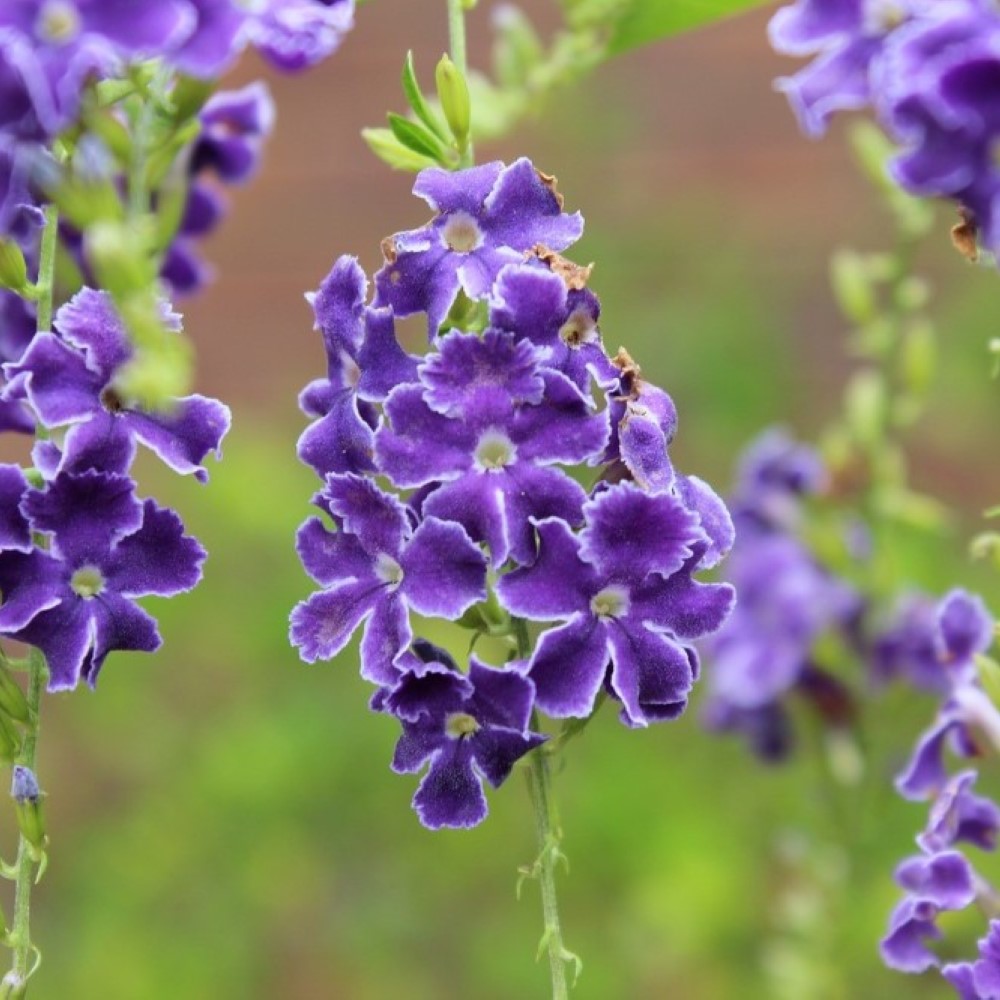
Golden dewdrop (Duranta repens)
Purple flowers attract lots of butterflies, but the shrub’s dark yellow berries for which it is named, are toxic.
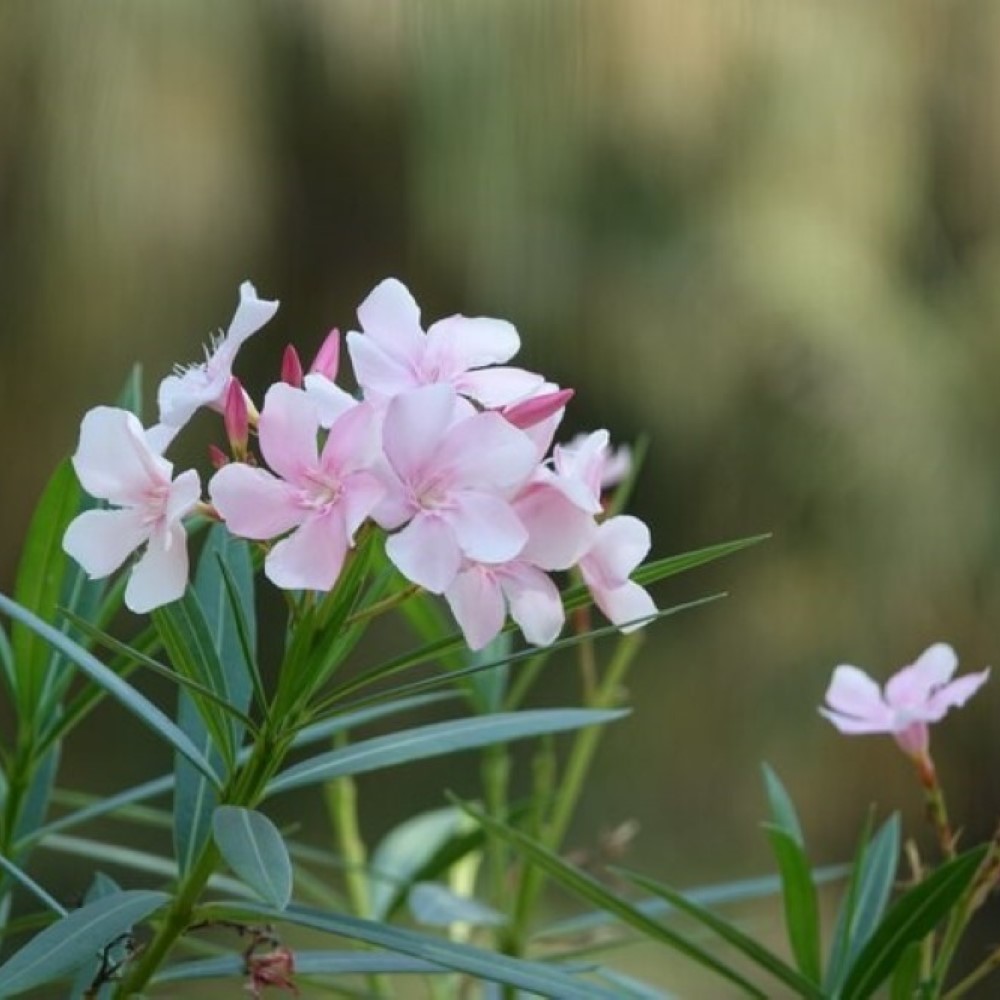
Oleander (Nerium oleander)
While beautiful and common, all parts of this flowering bush are extremely toxic to pets and humans.
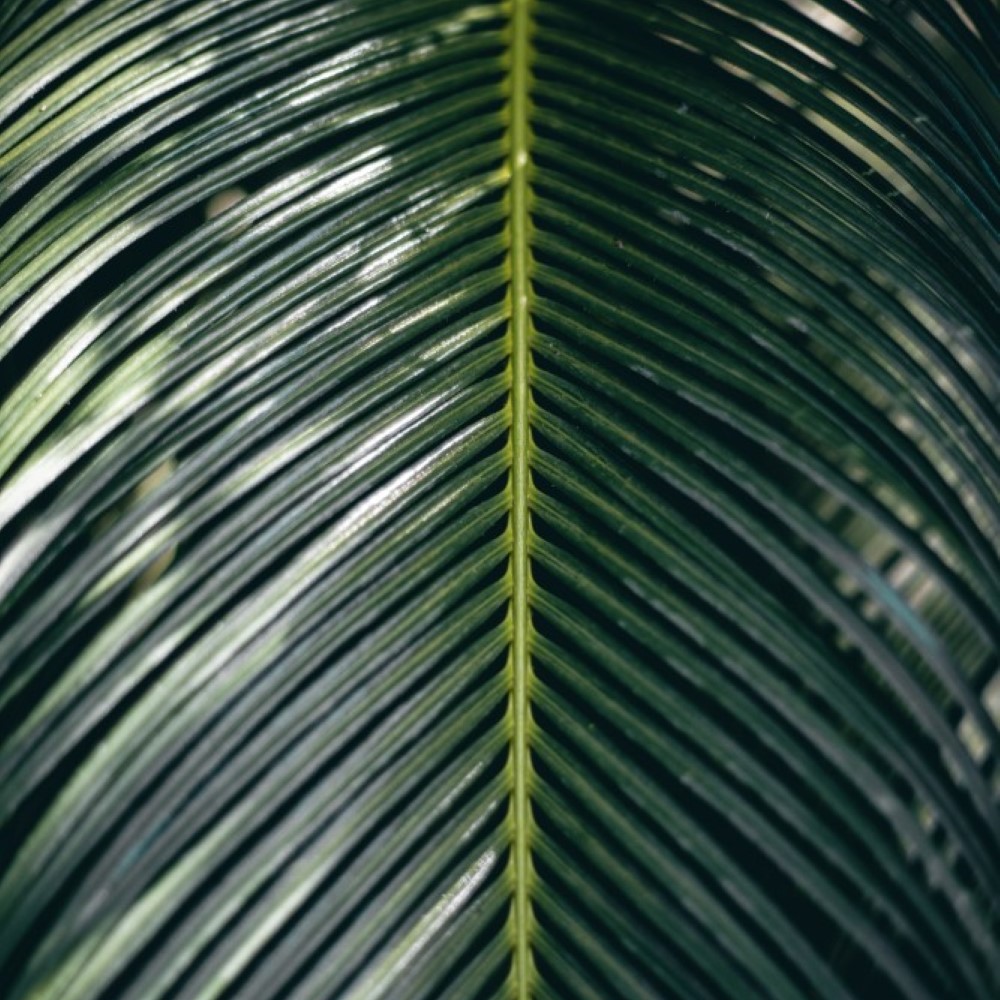
Sago(Cycas revoluta)
The seeds of this Florida landscape favorite are what is toxic. Remove them when they fall to the ground.
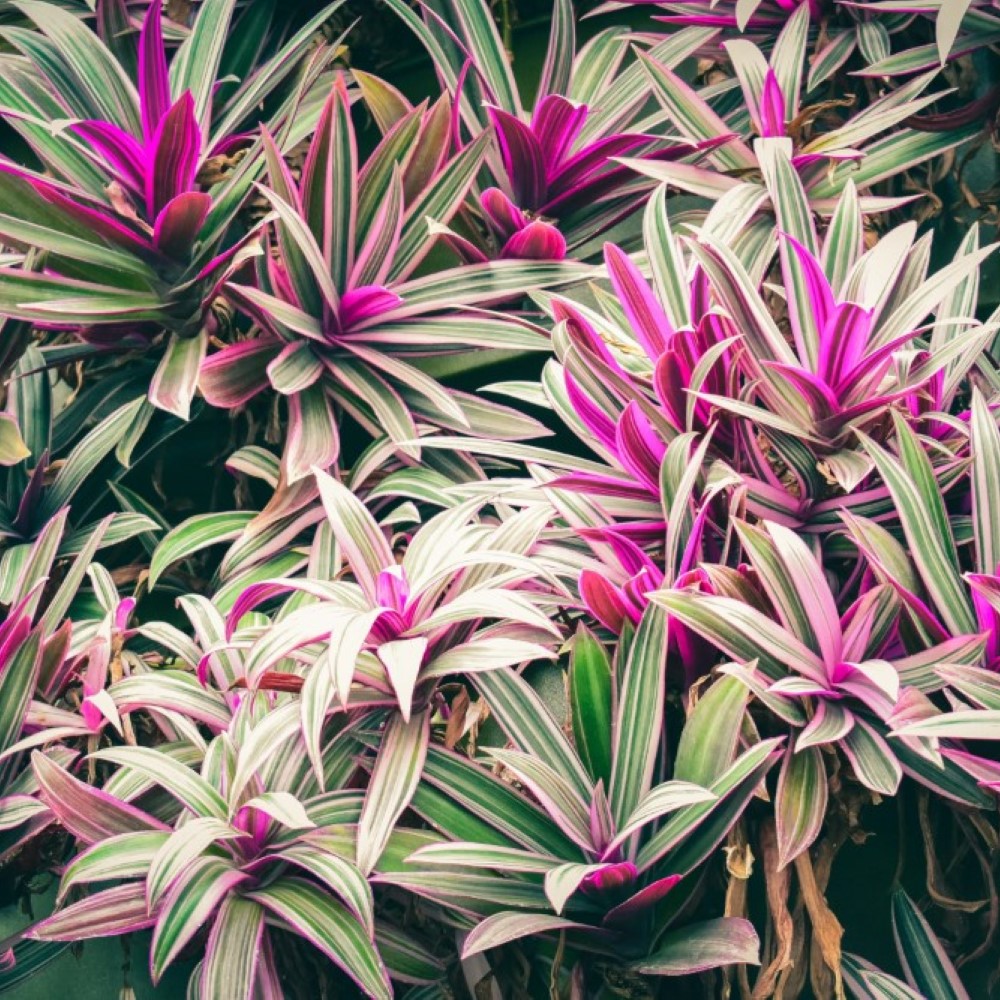
Ti (Cordyline fruticosa)
A very popular landscape plant that can be seen in many Florida gardens, the Ti is used for its beautiful red leaves. It is also poisonous, especially the berries and roots.
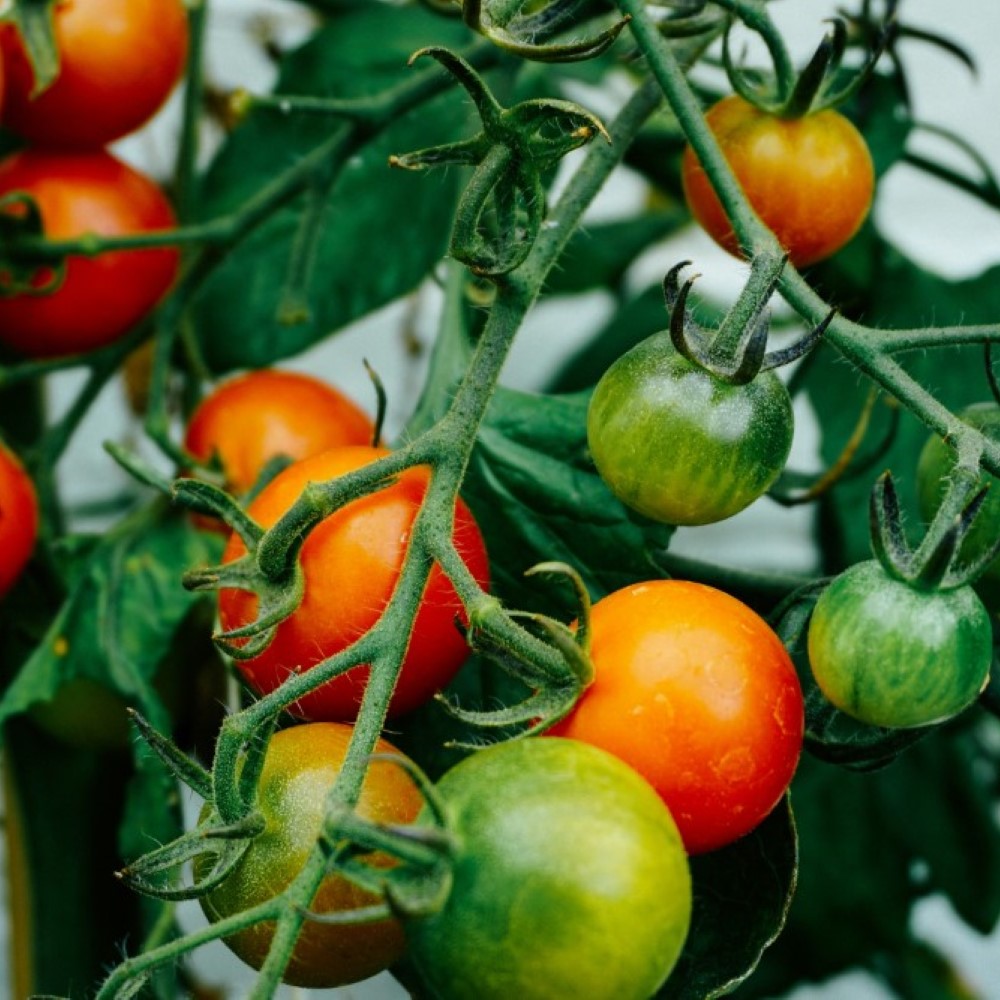
Tomatoes
While it is unlikely that your pet would want to munch a tomato plant, green tomatoes might make a fun ball. The toxins in this plant are likely to make your pet sick.
Symptoms of plant poisoning may include vomiting, diarrhea, weakness, loss of muscle control, foaming at the mouth, or convulsions. If you suspect your pet has ingested a poisonous plant, call your vet immediately and take a picture of the plant.
The plants on this list can be safely grown and enjoyed in your garden as long as caution is taken to supervise your pets.
For a more comprehensive list, go to the University of Florida Extension website at gardeningsolutions.ifas.ufl.edu and enter “deadly plants” in the search bar.
Savvy Sitter, April Harris, is an Orange County Master Gardener
About the Author:

April L Harris
I have shared my home with cats, dogs, fish, and birds throughout my life, but I especially love cats.
I am a retired university administrator living in Windermere. I am a Master Gardener, active in the Windermere Garden Club, serve as a National Parks Service Volunteer at Canaveral National Seashore on the Wilson’s Plover shorebird monitoring team, and an avid birder.
Having attentive, loving care for my pet when I am away is very important to me and delivering the same is my promise to you as I care for yours.
